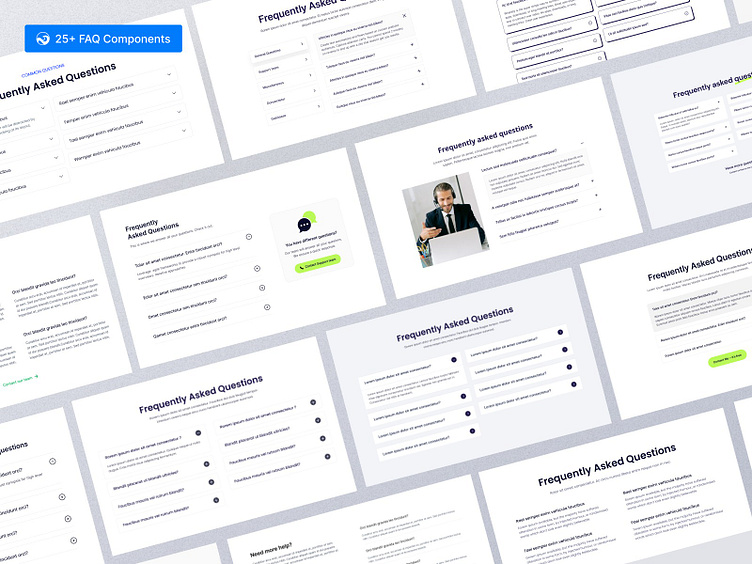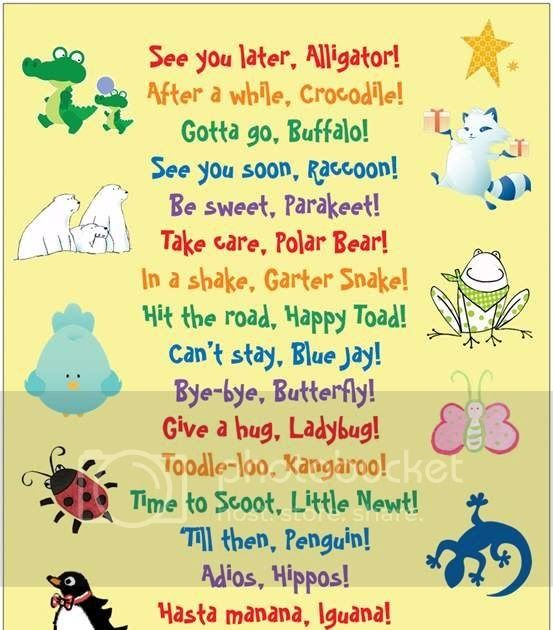In a world where goodbye can often feel monotonous, the phrase “See you later, alligator” has become a beloved way to part with a smile. This playful expression, often followed by the rhyming response “After a while, crocodile,” has been a staple in American culture for decades. From children’s rhymes to pop culture references, these sayings add a touch of fun to everyday farewells.
As we explore the history, variations, and significance of these unique greetings, we uncover why they continue to resonate with people across generations. Whether you’re saying goodbye to a friend, family member, or colleague, these phrases offer a lighthearted alternative to traditional goodbyes.
The Origins of “See You Later, Alligator”
The phrase “See you later, alligator” is believed to have originated in the United States during the 1950s. While its exact beginnings are unclear, it gained popularity through various cultural references, including a song by Bill Haley & His Comets. The rhyme was also featured in children’s literature and music, making it a familiar part of American childhood.
According to historical records, the phrase was included in a 1952 book titled Teenagers’ Slang Expressions Are Explained by Columnists by Jackie and Jane, which documented slang terms used by teenagers at the time. The phrase quickly became a favorite among young people, who used it as a playful way to say goodbye.
Why Fun Goodbyes Matter

In today’s fast-paced world, it’s easy to overlook the small moments that make interactions memorable. However, adding a bit of creativity to your farewells can make a big difference. Phrases like “See you later, alligator” not only break the monotony but also create a sense of connection and joy.
These sayings are especially popular among children, who enjoy the playful nature of the words and the associated rhymes. But they’re not just for kids—many adults find them refreshing and use them to keep conversations light and engaging.
50 Creative Variations of “See You Later, Alligator” Sayings

Whether you’re leaving a party, ending a text conversation, or wrapping up a meeting, there are countless ways to say goodbye with a twist. Here are some of the most popular and creative variations:
Classic Versions
- See you later, alligator. After a while, crocodile.
- Gotta split, jellyfish.
- Out the door, dinosaur.
- In a blink, skating rink.
- Take a hike, spikey bike.
- Off you go, buffalo.
- Gotta flee, bumblebee.
- Out the gate, little mate.
- See you soon, raccoon.
- Better swish, jellyfish.
Playful Alternatives
- Catch you quick, pogo stick.
- Cheerio, happy doe.
- Off we race, smiling face.
- Gotta fly, apple pie.
- Exit now, Mr. Wow!
- Give a hug, ladybug.
- Off I pop, lollipop!
- Later, space invader!
- Blow a kiss, jellyfish.
- Fare thee well, tinkerbell.
Global Twists
- Caio, brown cow! (Italian)
- Ta ra, piranha! (British)
- Aloha, scarlet macaw! (Hawaiian)
- Adiós, black widows! (Spanish)
- Au revoir, alligator gar! (French)
- Hooroo, kangaroo! (Australian)
The Power of Rhyme and Surprise

One of the reasons “See you later, alligator” remains so popular is its catchy rhythm and unexpected imagery. By using animals and rhymes, the phrase adds an element of surprise that makes it more memorable than a simple “goodbye.”
This kind of language is particularly effective in building connections. When someone says something unexpected, it creates a moment of delight that can strengthen relationships. Whether it’s a child learning to say goodbye or an adult looking for a fresh way to end a conversation, these phrases offer a fun and meaningful alternative.
How to Use These Sayings in Daily Life
Incorporating these phrases into your daily interactions doesn’t have to be complicated. Here are a few tips on how to use them effectively:
- At home: Use them when saying goodbye to family members or roommates.
- At work: Add a friendly touch when wrapping up a meeting or sending a message.
- With friends: Keep conversations light and fun with playful farewells.
- On social media: Use them in comments or captions to add personality.
By using these sayings, you not only bring a smile to others’ faces but also make yourself more memorable.
Frequently Asked Questions

What does “See you later, alligator” mean?
It’s a playful way to say goodbye, often followed by the response “In a while, crocodile.” It’s commonly used by children and adults alike.
Where did the phrase come from?
While its exact origin is unclear, it became popular in the 1950s and was included in teenage slang books. It’s believed to have originated in the United States.
Can I use these sayings in formal settings?
Yes, but with caution. While they’re great for casual interactions, they may not be appropriate in very formal environments.
Conclusion
From its origins in 1950s America to its current status as a global favorite, “See you later, alligator” continues to bring joy to people of all ages. These playful sayings offer a fun and memorable way to say goodbye, making them perfect for both children and adults.
Whether you’re looking for a new way to end a conversation or simply want to add a little humor to your day, these phrases are sure to leave a lasting impression. So next time you’re saying goodbye, don’t forget to say “See you later, alligator!”
Author: Sarah Mitchell
Title/Role: Content Writer & Language Enthusiast
Credentials: With over a decade of experience in writing and linguistics, Sarah specializes in exploring the cultural significance of language and idioms. She has contributed to numerous publications on topics ranging from folklore to modern communication trends.
Profile Link: www.sarahmitchellwriting.com
Sources:
– Farlex Dictionary of Idioms
– Teenagers’ Slang Expressions Are Explained by Columnists (1952)
– Bill Haley & His Comets – “See You Later, Alligator” Song
Internal Links:
– How to Use Idioms in Everyday Conversation
– The History of American Slang
– Playful Ways to Say Goodbye
Meta Title: US Trending News: Top ‘See Ya Later Alligator’ Sayings
Meta Description: Discover the meaning and history behind the popular “See Ya Later Alligator” sayings. Learn fun alternatives and how to use them in daily life.
Call to Action: Stay updated with the latest news and trends in American culture. Explore more articles on language, history, and everyday expressions.











More Stories
US Trending News: The History and Legacy of Zoo York in Streetwear Culture
US Trending News: Exploring Zach Top Greensboro
US Trending News: The ‘Your Mom’ White House: A Trendy Take on Political Humor